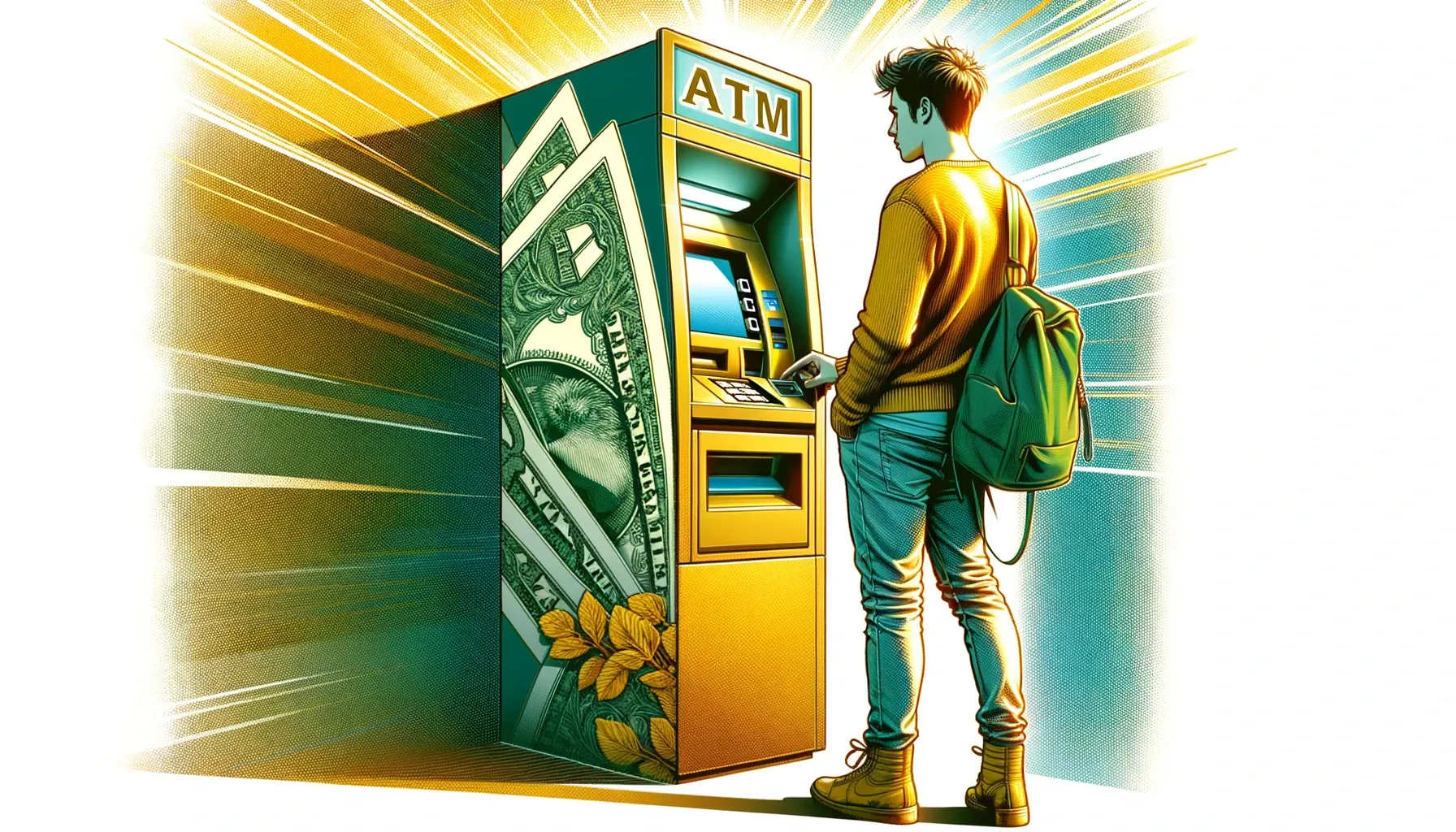An Automated Teller Machine (ATM) is an electronic banking outlet that allows customers to complete basic transactions without the need for a branch representative or teller. Anyone with a credit or debit card can access most ATMs. ATMs are convenient, allowing consumers to perform quick self-service transactions such as deposits, cash withdrawals, bill payments, and transfers between accounts. Fees are typically charged for cash withdrawals by the bank where the account is located, by the operator of the ATM, or by both. Some or all of these fees can be avoided by using ATMs within a bank's network or ATMs that are part of an ATM network to which the bank belongs.
The global ATM market has been pivotal in pushing forward the convenience of banking services across various demographics. Its relevance extends to not just individual banking customers but also plays a significant role in the investment strategies of investors who are tapped into the financial services sector. Given the integration of advanced technologies such as biometric authentication and NFC (Near Field Communication), ATMs are evolving to further ease and secure transactions, thereby solidifying their presence in the fintech space.
For investors, the ATM market offers numerous avenues for investment. Several publicly traded companies play a vital role in the manufacturing, deployment, software development, and servicing of ATMs. Key players in the market include NCR Corporation (NCR), and Diebold Nixdorf (DBD), both of which are heavily involved in the production and sale of ATM machines and software globally.
NCR Corporation is a significant player in the technology sector, providing ATMs as well as point-of-sale (POS) terminals, self-service kiosks, and other omnichannel technologies. With a robust presence in over 180 countries, NCR's strategic expansions and collaborations have positioned it as a leader in omnichannel solutions, including advanced ATM services.
Diebold Nixdorf, on the other hand, is also a global leader in driving connected commerce & consumer-centric solutions within the banking and retail sectors. Their expertise in developing ATM technologies has made them a pivotal entity in the ATM market, constantly innovating to support the financial inclusion of unbanked populations around the world.
Investing in these companies or the broader ATM sector involves understanding their market position, financial health, and potential for growth amidst evolving digital payment technologies. The demand for physical currency persists despite the rise of digital payment methods, underlining the continuous need for ATMs, especially in emerging markets. Investors should also monitor regulations concerning banking and financial services, technological advancements, and cybersecurity measures, as these factors profoundly influence the ATM market’s dynamics.
Considering the ATM market's integration with fintech and digital banking solutions, investors focusing on this sector could potentially benefit from the growth in electronic transactions and the ongoing need for cash access worldwide. Whether it's through direct stock purchases, ETFs focused on financial technology, or other investment vehicles, the ATM and broader financial services technology space offer compelling opportunities for informed investors.
Understanding the intricacies of the ATM market and the role of key players within it is essential for anyone looking to invest in the future of banking and financial technologies. By keeping a close eye on the market trends and technological innovations, investors can position themselves to take advantage of the growth opportunities that the ATM market has to offer.
For those interested in diving deeper into financial markets and technologies, consider joining Tiblio, a comprehensive platform offering tools and insights for investors. Join Tiblio today to enhance your investment strategy for the ever-evolving financial sector.
